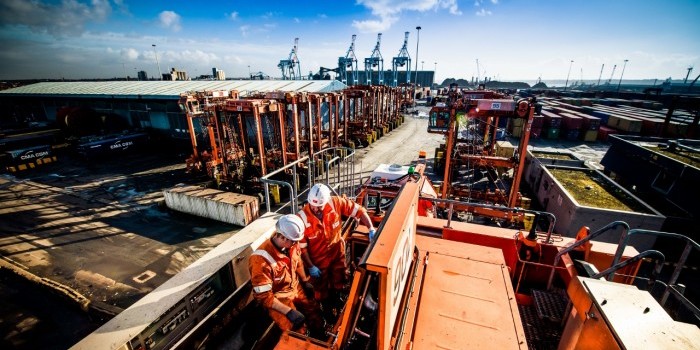Post-Brexit migrant salary threshold will hurt Liverpool city region businesses
Pia Subramaniam of the Immigration Advice Service, which offers legal advice on immigration matters, says the £30,000 figure could worsen the skills shortage

The UK’s departure from the EU was scheduled on March 29. However, that has now been delayed and, essentially anything could happen – an alternative Brexit deal could be agreed, a second referendum, a no-deal Brexit or even no Brexit at all.
If there’s one thing set in stone, it’s the post-Brexit skills-based immigration plan. This details that, after Brexit and starting in 2021, all EU entrants will need to apply for a Tier 2 Visa. However, the problem with this is that all applicants will need to earn a minimum of £30,000 to satisfy the Tier 2 financial requirement.
Enforcing this salary threshold on all future migrants will achieve little at plugging the workforce shortages in Liverpool and indeed the North West of England as a whole.
Care sector
According to Skills for Care, 49,000 people are leaving their posts in the social care field in Liverpool every year – a sector that continues to be underfunded and where staff face stagnant wages.
Currently, the average wage of a registered nurse is £28,000 and £16,000 of a social care worker in the UK, rending these workers completely exempt from a visa. So how, after Brexit, will the NHS and surrounding care roles in Liverpool be able to recruit much-needed staff when the majority of their workers fall short at visa requirements?
Outside of healthcare, businesses are already struggling to recruit and maintain their staff as it is. However, with the additional £30,000 salary requirement on all EU talent, many are concerned when it comes to recruiting new graduates and filling workforce shortages.
Free movement has permitted UK and EU young talent to take up positions anywhere in the EU member states for free and without hassle. The replacement of this model is prohibitively expensive and restrictive for both the employer and worker.
Sponsor Licence
Businesses will also need to fill a Sponsor Licence Application in order to legally recruit EU staff in the future. Liverpool, in particular, will be affected by this since, not only will most workers fall short of the eligibility criteria, but small businesses and start-up firms that cannot afford to obtain a Sponsor Licence will be unable to recruit beyond residential talent.
Sectors that could be affected are those that the Government considers ‘low skilled’. Make UK, one of UK’s biggest manufacturing companies, states that nine in 10 workforce positions would not meet the requirement extended by the Government, and one in 16 of workforce are EU nationals.
Meanwhile, about one in 14 employees in warehousing and storage job roles are EU citizens and 61% of this figure do not earn an annual salary of £30,000. Without a visa alternative for so-called low skilled work, these integral sectors will suffer as a result.

Additionally, industries all across Liverpool could face rising age and gender inequalities as a consequence of the post-Brexit rules. The average wage of workers aged between 20 and 24 is just over £17,000 and about £29,000 for individuals between 40 and 44.
Consequently, salaries will need to be raised significantly in order for businesses to hire skilled non-UK nationals. Just in Liverpool alone, the average salary of a man is £25,000 while women earn around £22,000, meaning that women are even less likely to meet the financial requirement as opposed to men.
Younger workers
One way to get around this is to reduce reliance on younger workers which, according to a report by EY, hospitality and construction sectors already have. However, these positions tend to generally be lower-paid.
Liverpool and industries all across the North West overwhelmingly rely on overseas migrants.
The Government deciding to extend the £30,000 Tier 2 income requirement will be detrimental to many key businesses operating in Liverpool. As a result, skills gaps across the sectors could grow while age and gender inequalities are exacerbated.
EU nationals make up a major percentage in social care sectors as well as construction and engineering. Setting such strict requirements for EU migrants after Brexit will only be detrimental to the UK economy as many domestic workers are either not willing to fill these roles or do not have the appropriate skills and expertise.
No matter the outcome of Brexit and whether the UK departs with an orderly deal or not, without revising the suggested immigration system, Liverpool really could have a problem on its hands.

